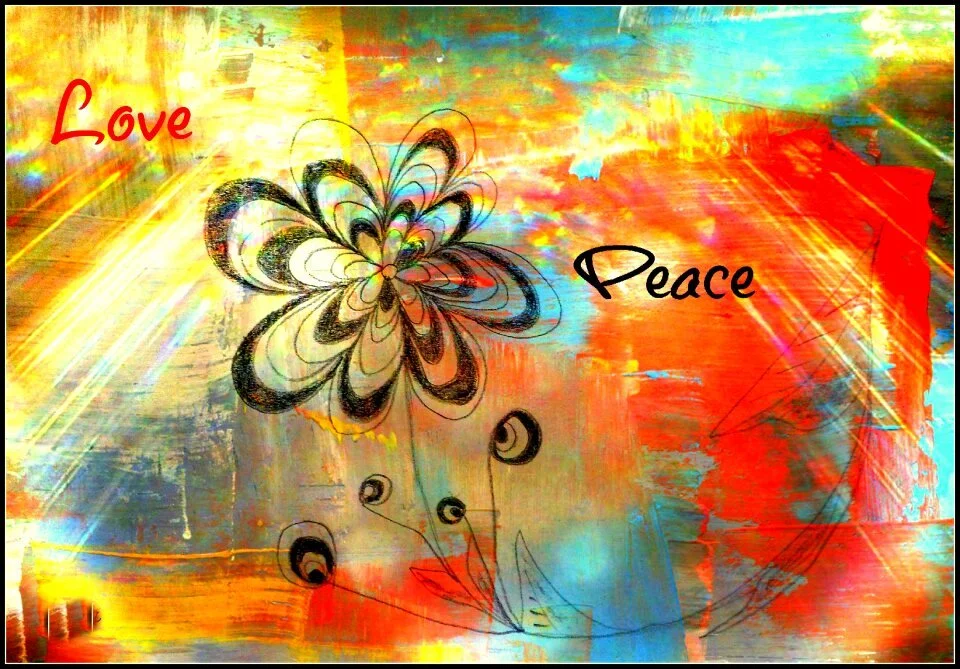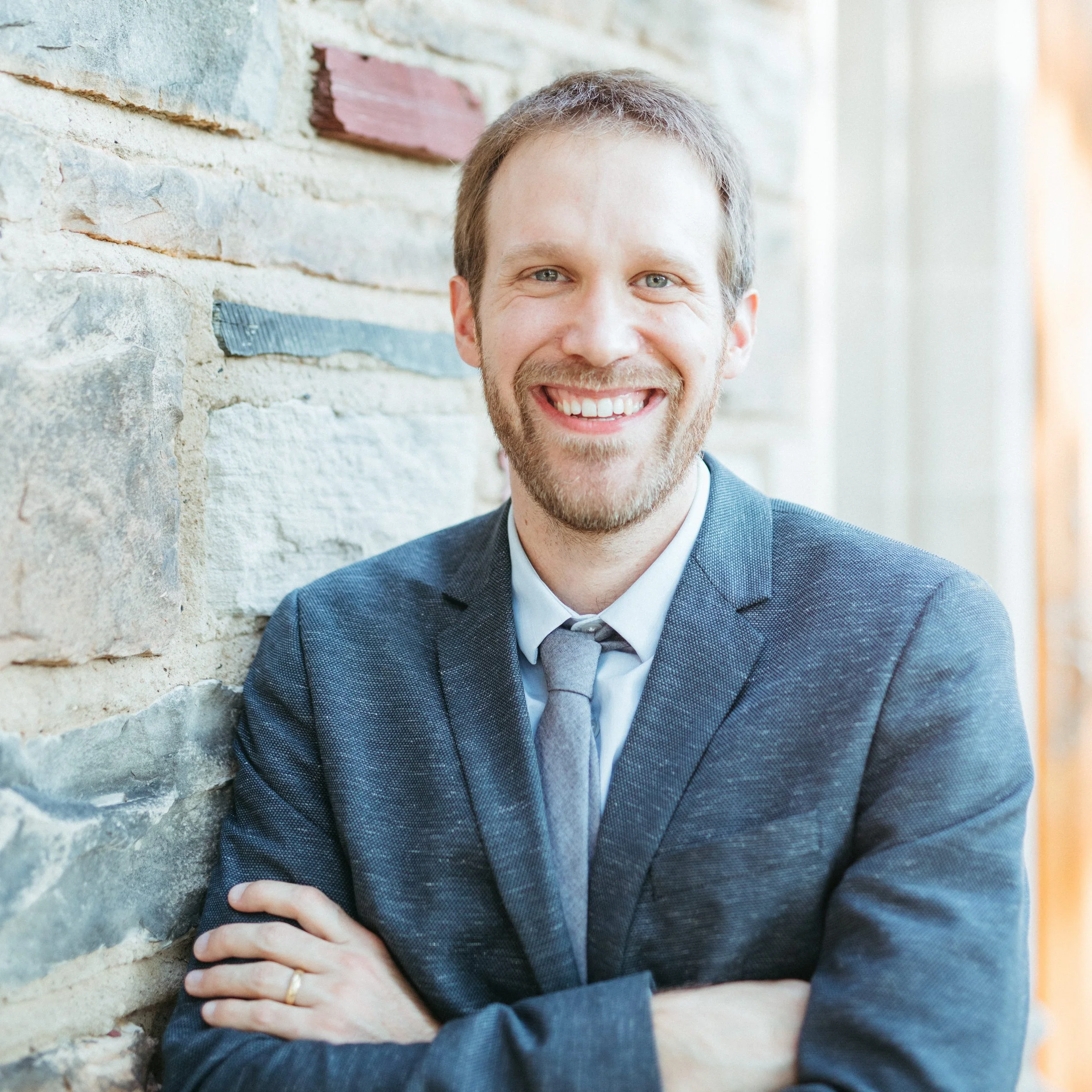An Interview with Fr. John Pawlikowski
Why Democracy Needs the Interfaith Movement
by Aaron Stauffer
Fr. John Pawlikowski, a Servite and faculty member of Catholic Theological Union, said in an interview that religion and religious language play an incredibly important role in public society today, if only because of its power to free us from cycles of continuous conflict.
Father John Pawlikowski
The interfaith movement needs more than dialogue. It needs leaders who understand today’s society as a place in need of revitalization of democratic ideals which are enhanced and developed by their religious tradition. This is because the interfaith movement in the U.S. takes place in a particular socio-political context that lifts up values such as conversation, exchange, peaceful conflict, and most of all equality. The fact that our various religious traditions enhance and develop these ideals is a social and historical fact, more than an essential or inherent one. Our traditions are systems of belief and faith that we live out – we give deep meaning to our faiths by following our various rituals and rites, while simultaneously reinterpreting them as we engage them in different spaces, times, and with different people.
“It is because religions help us transcend so many situations where power creates an environment of inequality,” Fr. Pawlikowski said. Being a member of a religious order going back to the 1200s provides Fr. Pawlikowski with a deep sense of a tradition where the values of social justice and contemplation are constantly lived out in new spaces and places.
This is what keeps Fr. Pawlikowski active in the Servite Order and a passionate social ethicist at CTU. “There are consistent questions that I often struggle with. These are questions that are continuously raised, and as a Catholic attempting to live out Catholic social teaching I find that these questions arise from deep contradictions in our society.” A senior member of Religions for Peace USA, Fr. Pawlikowski finds a deep calling to be in communion and community with other religious leaders ministering to the world’s injustices. As a social ethicist, Fr. Pawlikowski understands his Catholic response is one of many vocational responses to pain in the world. He wonderfully embodies a committed religious believer active in the interfaith movement.
The reality is that living faithfully within a tradition is a tricky job. The difficulty of providing a progressive interpretation of the Catholic faith is evident in the various levels of power that make up the Catholic hierarchy. Yet, this is also true of all communities: we have levels of authority that we entrust with governing responsibilities, and because of this we are held accountable to them, while simultaneously holding them accountable.
What holds us together is at least partly the social traditions that provide for us a network and web that allow for us to situate ourselves in regard to others. Simply put, individuals are only individuals because of the community out of which their identity is constructed. This holds large weight for the practice of democracy as well as for the interfaith movement.
What is more, it is precisely the core values of the Catholic tradition – love, grace, forgiveness, and justice – which allow Fr. Pawlikowski to work with others who might vehemently disagree with him. This is a powerful lesson for those of us working in the interfaith world who often come across deep divides when working toward peace and justice in today’s world.
My conversation with Fr. Pawlikowski ranged from the history of the Servite community to his role as a social ethicist faculty member at the CTU. But the heart of the conversation centered upon this tension: How do we in the interfaith community hold together our deep differences while also working together toward a more peaceful and just world? “Avoiding the difficult questions,” for those of us in the interfaith movement working for peace, “will not always be possible. And so we will have to turn to our traditions for inspiration and guidance,” to gain appropriate humility while also determining what is true and just for our time and community.
As our conversation ended, I was reminded of a passage Kenneth Burke wrote that seems to characterize the current state of American religious discourse and its relation to the public square. In The Philosophy of Literary Form (1941) Burke suggests that we live in a society that is disparate, a bit confused on how to actually move forward, and yet is still committed to values that tell us just as much about our communities and ourselves as anything else.
Imagine that you enter a parlor. You come late. When you arrive, others have long preceded you, and they are engaged in a heated discussion, a discussion too heated for them to pause and tell you exactly what it is about. In fact, the discussion has already begun long before any of them got there, so that no one present is qualified to retrace for you all of the steps that had gone before. You listen for a while, until you decide that you have caught the tenor of the argument; then you put in your oar. Someone answers; you answer him; another comes to your defense; another aligns himself against you, to either the embarrassment or gratification of your opponent, depending upon the quality of your ally’s assistance. However, the discussion is interminable. The hour grows late, you must depart. And you do depart, with the discussion still vigorously in progress. (pp. 110-111)
Header Photo: Creazilla



